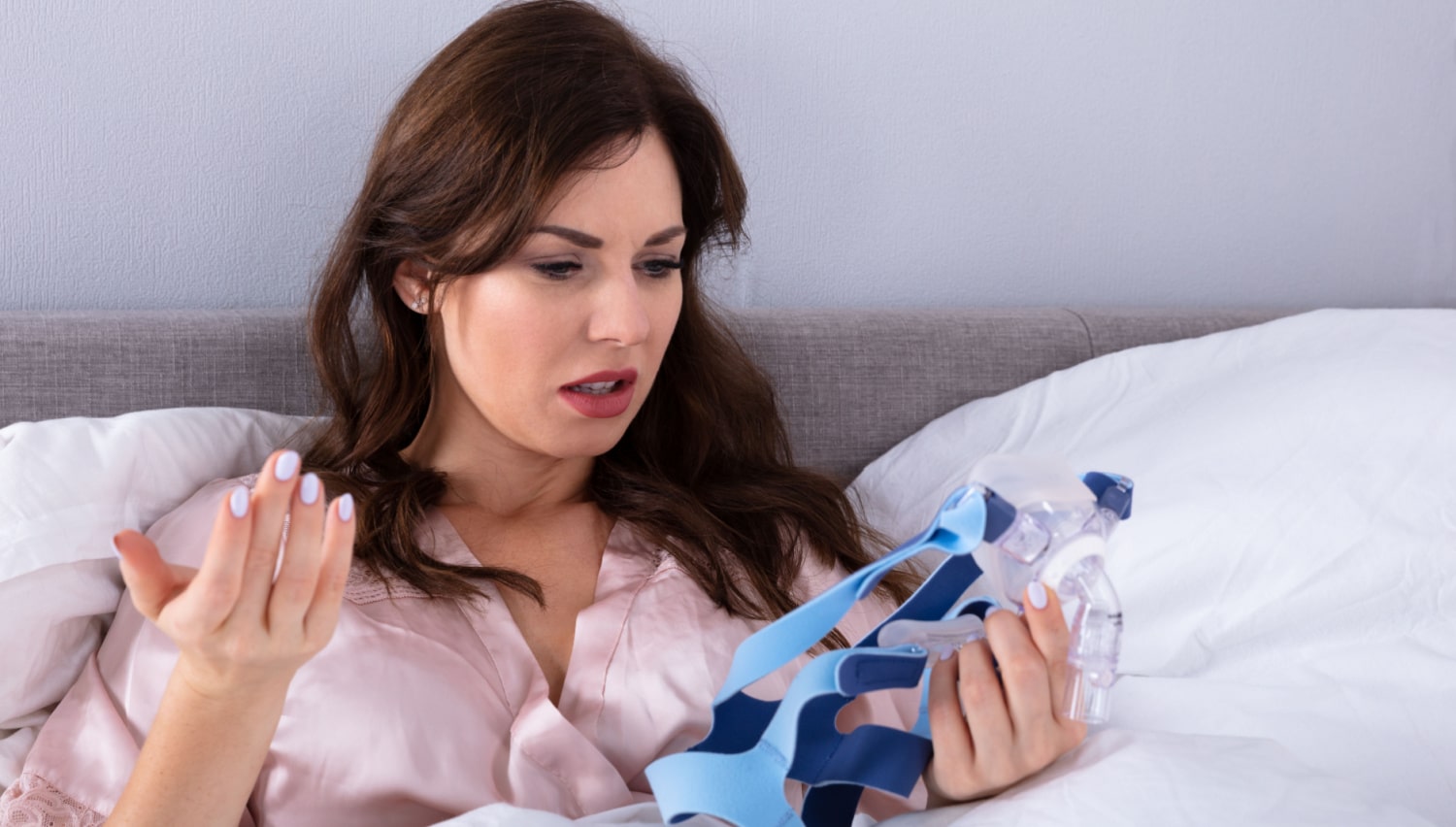In recent years, continuous positive air pressure (CPAP) lawsuits have been on the rise. CPAP is a form of sleep apnea therapy used to help those suffering from the condition get a better and more restful night’s sleep. These machines provide a steady stream of pressurized air through a mask delivered to the patient’s nose and mouth. However, some CPAP users have experienced various side effects due to the use of the device, leading to the filing of lawsuits. Fortunately, there are several alternative methods for treating sleep apnea, including the Vivos System.
Philips Respironics CPAP Lawsuits
Philips Respironics, a leading manufacturer of CPAP devices, has been involved in several lawsuits centered on allegations of defective design and manufacturing, as well as violations of consumer protection laws. The allegations have included the failure of the devices to perform as advertised, malfunctions resulting in injury or harm, and failure to provide adequate warnings and instructions regarding the use of these devices. Due to possible carcinogenic and toxic effects, the company recently recalled millions of its CPAP, bi-level positive airway pressure (BiPAP), and mechanical ventilator devices.
The first lawsuit against Philips Respironics involved an individual who suffered a severe burn while using a CPAP device. The plaintiff alleged that the device malfunctioned and caused the burn. In another case, a patient alleged that a Philips Respironics CPAP device caused them to suffer a serious eye injury. The plaintiff further alleged that the device lacked a filter to protect users from dangerous particles and gases released while it was in use. Ingesting or inhaling these particles is linked to carcinogenic and toxic effects, respiratory problems, and chemical exposure risk.
Alternatives to CPAP
While the filing of CPAP lawsuits is on the rise, other alternatives for those suffering from sleep apnea may be more effective and less disruptive.
Lifestyle Changes
In addition to CPAP machines, there are other alternatives for those suffering from sleep apnea. These alternatives include lifestyle changes, such as avoiding alcohol and sleeping on your side, as well as the use of medications to help relax the muscles in the throat and open the airway.
Oral Appliances
A highly-effective option for sleep apnea treatment is using oral appliances to open the airway and reduce snoring. One type of oral appliance is the Vivos System. This system involves a collaboration between dentists and physicians to create a custom oral appliance that corrects the deficiencies that lead to sleep apnea. These devices are designed to fit comfortably into the mouth and can be adjusted to provide the most comfortable sleeping experience.
The Bottom Line
Ultimately, it is vital for those suffering from sleep apnea to consult with their healthcare provider to determine the best course of treatment for their condition. CPAP malfunctions are a possibility, and other alternatives may be more effective and less disruptive for those suffering from sleep apnea. By consulting with a healthcare provider, patients can find the best solution to help them get a better and more restful night’s sleep.
Discover An Alternative to CPAP With Smith Dentalworks
If you are tired of feeling exhausted due to mild-to-moderate sleep apnea, Smith Dentalworks can help. We proudly offer the Vivos System as an alternative to CPAP for sleep apnea treatment. In collaboration with Vivos-approved doctors, this innovative option is non-surgical and pain-free and typically does not require further intervention after using the system for 12 to 24 months.


